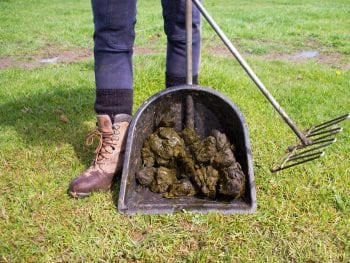I’ve known for a long time I wanted to be a vet. This has meant that, since a very early age, a lot of my big decisions were pre-decided; GCSE and A-level options, university course, etc.
My choice in universities was narrowed down to a one-digit figure before I’d gone to my first open day – and even then I could only apply to four of them, while all my non-medical friends applied to five.
Even in the vet school itself, there’s very little wiggle room or chance to apply individuality to the curriculum. I don’t see this as a negative, as I understand why that is: when professionals graduate, an assumed blanket level of knowledge for everyone, the same playing field, same skills and knowledge base so that we can all perform equally in a career that requires us to do so.
That being said, it’s the ability to self-direct my learning in a way I’ve never had a chance to before that’s made me jump at the prospect of intercalation.
A year out
Intercalation, for vets at Bristol, involves taking a year away from their studies between years three and four to pursue something related to their course and/or future careers, but that they wouldn’t have had the opportunity to learn otherwise. You can choose to do these at your current university, or somewhere new, and there are a variety of different intercalation courses you are briefed on in years two and three.
It essentially allows students to broaden the depth of their knowledge in a specific area, either one they’re particularly interested in or that they feel will benefit their chosen career paths.
For me, it’s a bit of both. I don’t see it as a distraction from the veterinary course and what I’ve learned, but as a way for me to figure out how I best want to utilise it.
How long is too long?
I know for a lot of people, especially non-vets, taking an intercalation year in the middle of a five-year-long degree might seem a little unnecessary – do you really want to double the length of the average degree? And is it really worth it?
Looking back, though, the idea of a five-year course never fazed me; it was just another decision I took for granted as not really being a decision at all, and to be honest I wanted to be a vet so badly the course could have been a decade long and I’d probably have been just as keen.
Worth it
In terms of worth, I think it all boils down to what you want to get out of your degree, and indeed your career. It’s also worth thinking about money, as well as time management – although, of course, it’s never too late to keep learning. If you wanted to return for another course at university after graduation this would take you longer than a year, and currently postgraduate student loan funding isn’t as easy to navigate as the undergrad scheme.
I know it’s not for everyone, but I personally find the idea of intercalating and looking beyond what I need to know and a little more into what I want to know so, so, so exciting. And if it helps to give me the time and self-insight to figure out exactly what type of vet I want to be when I graduate, then I feel like that’s going to make me a better vet all around.















